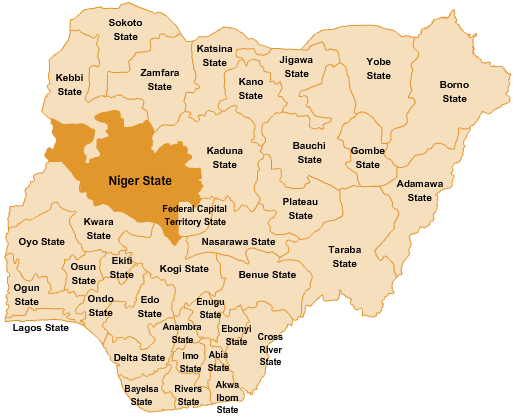Nigeria Introduces Data-Exchange Platform to Eliminate Multiple Submissions by Citizens
The Federal Government has unveiled a national data-exchange platform aimed at eliminating the longstanding problem of repeated data submissions by Nigerian citizens across multiple government agencies.
The initiative, launched in Abuja on Monday, marks a significant step in the administration’s efforts to streamline governance, improve service delivery, and advance the country’s digital public infrastructure agenda.
The new system, known as the Nigerian Government Data Exchange (NGDX), will serve as a secure central layer that allows ministries, departments, and agencies (MDAs) to seamlessly access and share verified citizen data. This means Nigerians will no longer have to repeatedly provide the same details—such as date of birth, National Identification Number (NIN), or home address—each time they interact with different government institutions.
Announcing the project, the Director-General of the National Information Technology Development Agency (NITDA), Kashifu Inuwa, described the initiative as transformative. According to him, the platform embodies the principle of “ask once, use many times,” which will not only ease the stress on citizens but also cut bureaucratic bottlenecks, reduce errors, and save time for government agencies.
“This exchange will change the way Nigerians interact with government,” Inuwa stated. “Rather than asking citizens to submit the same data over and over again, MDAs can now securely pull information they need through the exchange. It is about efficiency, transparency, and convenience.”
The project is being anchored by Galaxy Backbone (GBB), which has been designated as the technical provider and interoperability backbone for the system.
This central infrastructure is expected to integrate government databases, replacing the fragmented and siloed approach that has long frustrated both officials and citizens.
Analysts say the move aligns with broader digital reforms currently being pursued in the country. These include the Central Bank’s Open Banking guidelines, which standardised secure data sharing in financial services, and the Nigeria Data Protection Act, which established strict rules for safeguarding personal information.
Together, they provide the legal and technical framework for data-sharing in a way that respects privacy and protects citizens.
The Nigeria Data Protection Commission (NDPC) is expected to play a supervisory role, ensuring that MDAs connected to the platform comply with privacy-by-design standards, maintain audit trails, and obtain necessary consent before data is shared.
These measures are aimed at building public trust, particularly in light of past concerns about duplication of sensitive information, such as biometric data already captured through NIN, Bank Verification Number (BVN), or international passports.
The government has also hinted that the benefits of the exchange will not be limited to the public sector.
By providing a standardised and secure data-sharing environment, the system could unlock opportunities for the private sector, especially startups and innovators, to develop new services based on anonymised data, while still respecting strict data protection requirements.
Officials say that agencies responsible for critical services such as identity management, taxation, social welfare, and transportation will be among the first to connect to the exchange.
A phased onboarding plan will follow, alongside the release of technical rulebooks and compliance guidelines.
Observers believe the platform has the potential to significantly improve Nigeria’s ease of doing business by cutting costs, reducing the time needed to process government services, and enabling more accurate data-driven planning across health, education, agriculture, and security sectors.
While the platform’s success will depend on its proper implementation and compliance by MDAs, the launch signals a major milestone in Nigeria’s digital governance journey.
For millions of citizens, the test of its effectiveness will be straightforward: fewer queues, fewer forms, and a faster, simpler process whenever they need government services.







